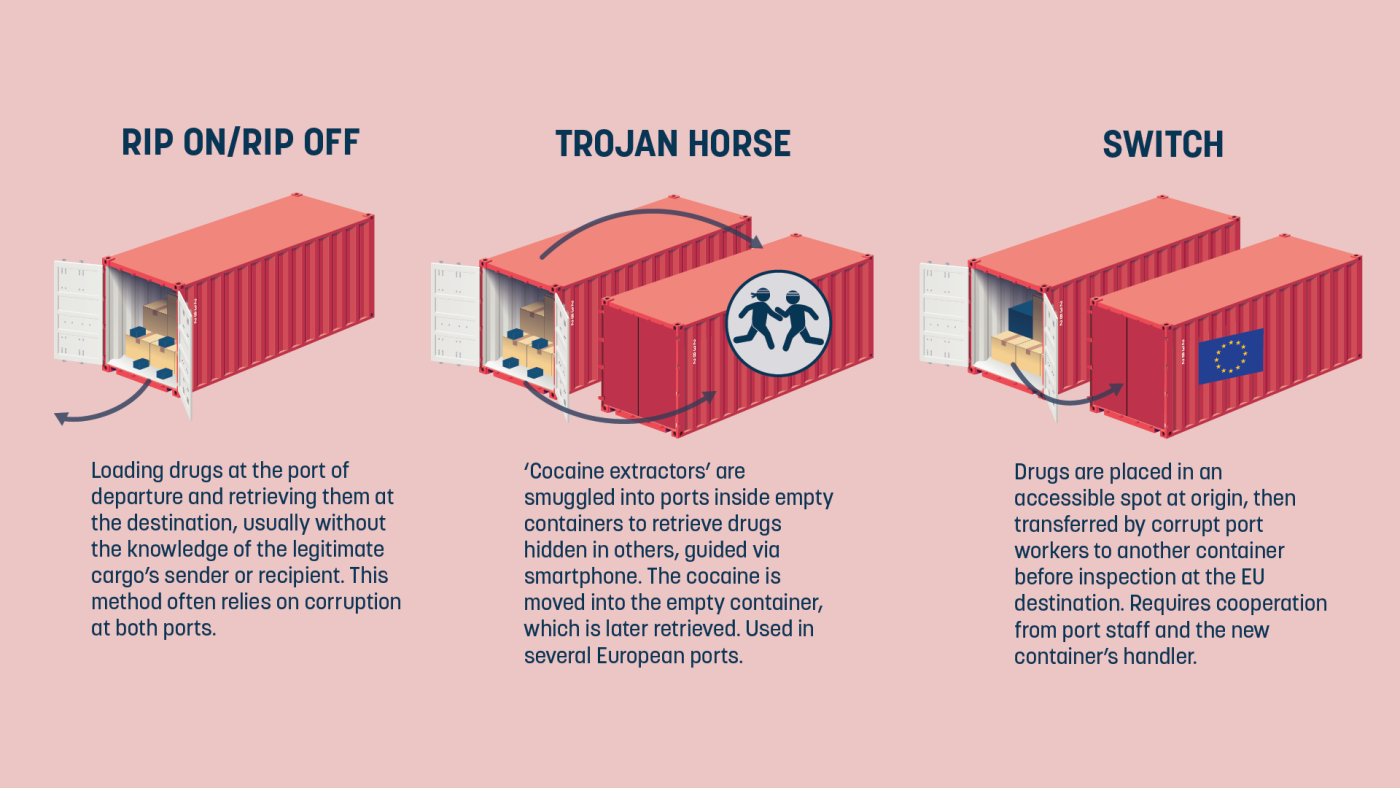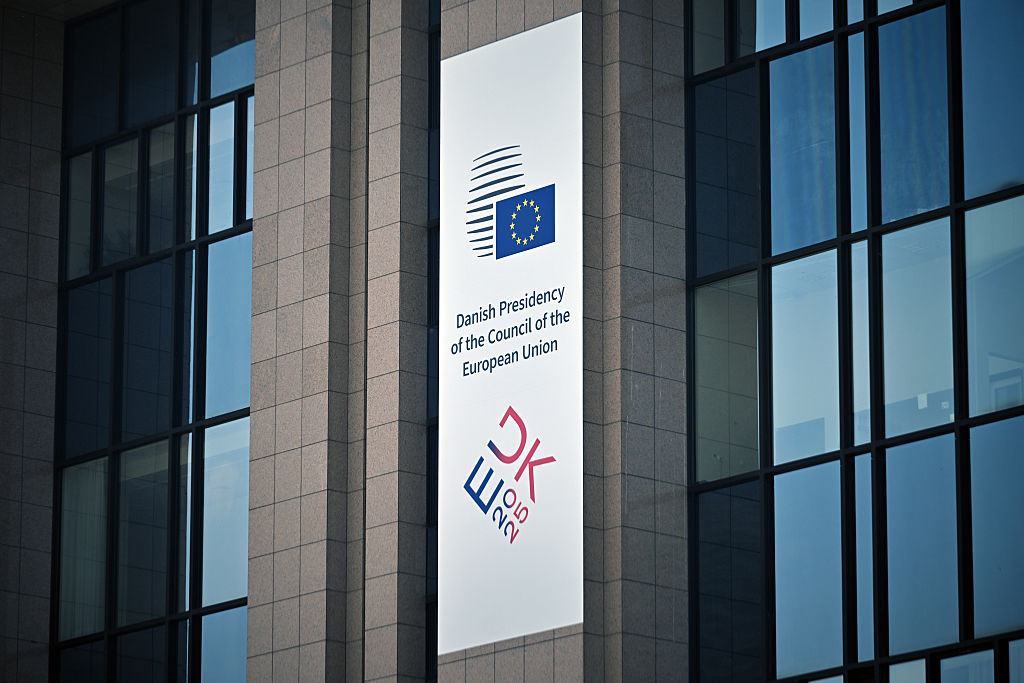Belgium’s biotech ultimatum 'cut red tape, and increase funding' or lose globally
Belgium's biotech sector is demanding the EU cuts investment red tape, and ensures easier access to life sciences funding

Belgium’s biotech sector is pushing the EU to go further with its upcoming Biotech Act, with regulatory simplification and access to capital as the two priorities that will determine whether Europe can compete with the U.S. and China.
With the EU Life Sciences Strategy in place and the Biotech Act under consultation, industry leaders say Brussels must use the momentum to lock in Europe’s position as the world’s most attractive destination for life sciences investment. “Belgium, with its thriving biopharma sector, is ready to help shape a Europe that is not dependent, but attractive for investment, talent and collaboration,” said Foreign Minister Maxime Prévot.
“The first one is to cut the red tape, so really trying to simplify the regulatory complexity. Secondly, it is to have easy access to funding,” said Geoffrey Pot, chair of Essenscia, the Belgian biotech association, as he set out the sector’s non-negotiables ahead of the federation’s “Biotech in Europe: Act for Global Impact” event.
EU Health Commissioner Olivér Várhelyi reinforced the point, warning that Europe cannot afford to lose time. “We need to shorten the path from lab to market. We need to ensure that transformative discoveries reach patients and industries faster … and we need to create attractive conditions for financing and investment,” he remarked.
But for Claire Skentelberry, Director General of EuropaBio, rhetoric is not enough. “What we’d really like to see is the Biotech Act … set tangible goals,” she said to Euractiv. “Let’s see a doubling of our biomanufacturing capacity. Let’s see a tripling of our workforce linked to biobased manufacturing. This should set the scene for the next 20 years,” she added.
Kill the patchwork, build predictability
For biotech companies, the biggest barrier is not science but the regulatory maze they face across Europe. Rules vary from country to country, and even when harmonised on paper, procedures remain inconsistent.
As Marc Martens, partner at Bird & Bird lifesciences group, put it, “Simplification, defragmentation, and acceleration of market access … what we need at this stage is a lot more intelligence and mapping the inconsistencies and the possible improvements we can do in processes and interactions in between the regulatory frameworks.”
A key industry ask is to streamline clinical trial rules so Europe can compete for cutting-edge research.
“Making sure clinical trials are coming to us is not only good for research centres, it’s good for patients, because they benefit from the latest innovation. These are exactly the kinds of issues regulation should fix,” emphasised Xavier Hormachea, Managing Director, UCB Belgium.
Hormaechea argued the Biotech Act must deliver concrete outcomes companies can feel on the ground: faster approvals, clearer pathways, and support for cross-border collaboration. Belgium’s cooperation on ATMPs, he said, showed the way forward. Science has no borders, and neither should the regulation that enables it.
For investors, the issue is not just simplification but certainty. “I have no problem with a complex system if at least the companies can anticipate what is going to come together,” Martens warned. “If it’s uncertain because there are so many differences between the member states, that’s really a nightmare.”
Skentelberry pointed out how that uncertainty plays internationally. “When I speak with my U.S. counterparts, there is generally a lack of understanding about what the EU is doing tangibly with legislation,” not until the end of it, she explained. For her, the Biotech Act is the moment to reverse that dynamic, replacing opacity with clear, measurable outcomes that give investors confidence to stay in Europe.
Losing EU’s scale-ups to Wall Street
Even the clearest rules will not help if companies cannot raise the capital to survive Europe’s long innovation cycles. Biotech is among the most capital-intensive industries in the world, and funding shortfalls risk stalling growth just as discoveries move into clinical phases.
“To develop one product up to the market … I need a billion,” as Floor Stam, CEO of Remynd, noted starkly, explaining that early-stage biotech can spend years chasing €40 million rounds just to reach mid-phase trials.
Belgium’s public investment arm SFPI/FPIM is trying to fill the gap. Its CEO, Koenraad Van Loo, called the country “the Boston at the North Sea”, but warned Europe’s risk appetite lags far behind the U.S.
“Out of ten investments, if one of them becomes a blockbuster, that’s a success. That is exactly what is needed to bring life science companies from an early stage to a commercial level. That is where we are lacking.”
Euronext Brussels’s Benoît van den Hove was blunt. Without deeper, integrated European capital markets, the payoff from EU research spending will continue to flow across the Atlantic. “We always speak about the European Nasdaq and the need for more market integration. That is really fundamental for us,” he said, warning that too many European biotech companies list in the U.S., taking jobs and value creation with them.
Hormaechea captured the frustration from a cluster perspective. “Sixty-six out of 67 startups went to the NASDAQ to go public. Let’s make sure that when they grow, they grow with us, and they are not going abroad, putting their success outside of Belgium and outside of Europe.”
The EU Biotech Act, currently under consultation, is expected in 2026. Skentelberry called for a “carefully constructed, transformational” law. At the same time, Pot pressed for urgency, saying, “My main message will be that we need to act now and to continue to keep a biotech valley in Belgium.”
[VA, BM]









